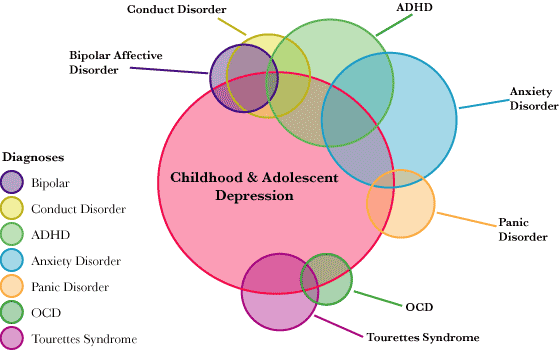
Anxiety disorders are addressed well by any form of anxiety treatment. the choice of treatment often depends on the type of anxiety disorder, the frequency of attacks, the severity of the condition, as well as the personal choice of the patient. Generally, patients are given a combination of treatments to provide maximum relief.
{Psychological Techniques For Anxiety}
Psychological therapies that are most effective for anxiety are those that try to modify the behaviors and thinking pattern of the patient. unlike other psychological methods, these do not address the underlying psychological conflicts or issues that may be relevant to the occurrence of anxiety symptoms. these are often administered for at least 5 weeks to 20 weeks of continuous treatments.
Cognitive-Behavior Therapy or CBT is arguably among the best psychological tool there is for anxiety disorders. as its name suggests, this therapy targets the cognitions or thoughts of the patient that contribute to the occurrence or development of the condition. as a treatment option for anxiety, this will try to uncover the negative beliefs and thinking patterns of the patient that are directly contributing to the severity of the condition. in many ways, this therapy tries to expose what is wrong with the pattern of thinking that leads to the production of the symptoms. Once the culprit has been identified, it is corrected and psychological techniques are used to encourage the development of new and healthier thinking patterns.
Exposure therapy, another very effective therapy against anxiety, uses simulation to help encourage the development of more appropriate responses. This basically exposes the patient to the exact object of fear, either in reality or imagination. with the assistance of a clinician, patients are helped with identifying their source of fear and whether or not their responses are appropriate. in this psychological therapy, patients are helped with how to handle, respond and cope with their objects of fear. Eventually, the patient will come to terms with his fears and will learn to respond more appropriately.
{Prescription Medications}
For immediate relief from anxiety symptoms, medications are often warranted. there is a wide variety of medications used for treatment of anxiety. some medications work to relieve specific symptoms like depression, trembling and heart palpitations while others try to prevent any impending attacks.
For specific types of anxiety disorders like social anxiety, social phobia, and other types of phobia, medications may be needed from time to time. Other disorders require the use of medications that are designed for long-term use.
The main drawback of medications is that these often cause adverse side effects that often risk the general well-being and health of patients. For medications that target to relax the central nervous system, for example, common side effects include reduced efficiency of the brain. Other side effects that patients suffer include sleep disturbance, tremors, sexual dysfunction, and elevated blood pressure.
{Complementary Treatments}
Non-mainstream also show great promise of helping patients with anxiety disorder. these include relaxation techniques, exercise, breathing techniques, hypnosis and biofeedback.
To find out whether a particular anxiety treatment would work for you, seek the professional advice of your doctor.